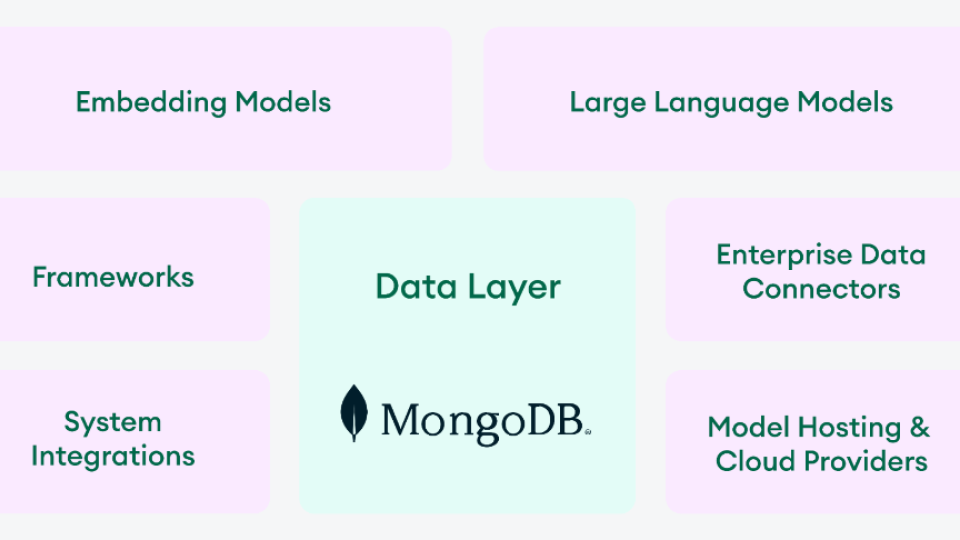
MongoDB is a document database widely used by developers, with analysts putting it in the top five most widely used databases in the world, but it does have its critics.
One of these we met on this week’s IT Press Tour in London, namely FerretDB, which wants to “make MongoDB open source again”, with the promise of reducing overall costs for users, and reducing the risk of MongoDB developers falling foul of MongoDB licensing conditions. FerretDB is also building a service provider channel for its database services.
MongoDB is distributed under various license formats, including the Server Side Public License (SSPL). It’s this one that FerretDB takes issue with, claiming that SSPL, which MongoDB adopted in 2018, turns the database into a “non open source” database.
SSPL is ostensibly designed to ensure that companies that offer MongoDB’s database software as-a-service (DbaaS - database as-a-service), contribute something back to the open source community.
Any organisation that offers MongoDB as-a-service has to release the source code of their entire service under the SSPL. If they don’t, they have to pay MongoDB money for a license to sell that service. This is completely different from true open source licenses, which usually only require modifications to the original software to be released under the same license.
In some ways, SSPL was partly designed to stop someone like AWS simply offering MongoDB as-a-service free on its online marketplace, and taking services and support sales away from MongoDB.
But SSPL’s full source code demands for new services built around MongoDB’s MongoDB Query Language (MQL) is what FerretDB is challenging. Its mission is to offer developers an “open source, MongoDB-compatible database layer built on PostgreSQL, merging NoSQL flexibility with PostgreSQL reliability”.
MongoDB compatibility means that existing elements of the MongoDB ecosystem - tools, frameworks and applications - are possible to use with FerretDB.
Support, consulting and managed services are offered by FerretDB supporting such compatibility. But MongoDB doesn’t like its effort. There is an ongoing dispute between the two companies, with MongoDB threatening legal action against FerretDB in 2023, and the latter formerly rejecting a claim of it breaking the SSPL terms in response.
IT Europa has seen full copies of the written legal exchanges between the two companies, and open source hobbyists would no doubt have a field day reading them. But, setting that aside, FerretDB is marching on regardless.
At the IT Press Tour in Battersea, London this week, Peter Farkas, co-founder and CEO of FerretDB, said: “It was very useful my father being a patent attorney, but the dispute has still cost us time and some money though.
“There is a need for an open standard for document databases, and MongoDB’s MQL will eventually become a commodity, just like SQL did after IBM invented it in the early 1970s, and just like Adobe’s PDF format.”
Farkas says two enterprises are already using its offer commercially, and a number of service providers and their end customers have also joined the party. Significantly, FerretDB started cooperation with Microsoft in 2023, and they released FerretDB 2.0 + Microsoft DocumentDB (a Postgres extension).
Farkas said: “Together, this is an OSS (open source software) Mongo alternative that users can run anywhere. It uses the same engine as Azure CosmosDB for MongoDB, and ties into the push towards an open standard.”
Picture above: Battersea Power Station, South West London, by Antony Savvas







